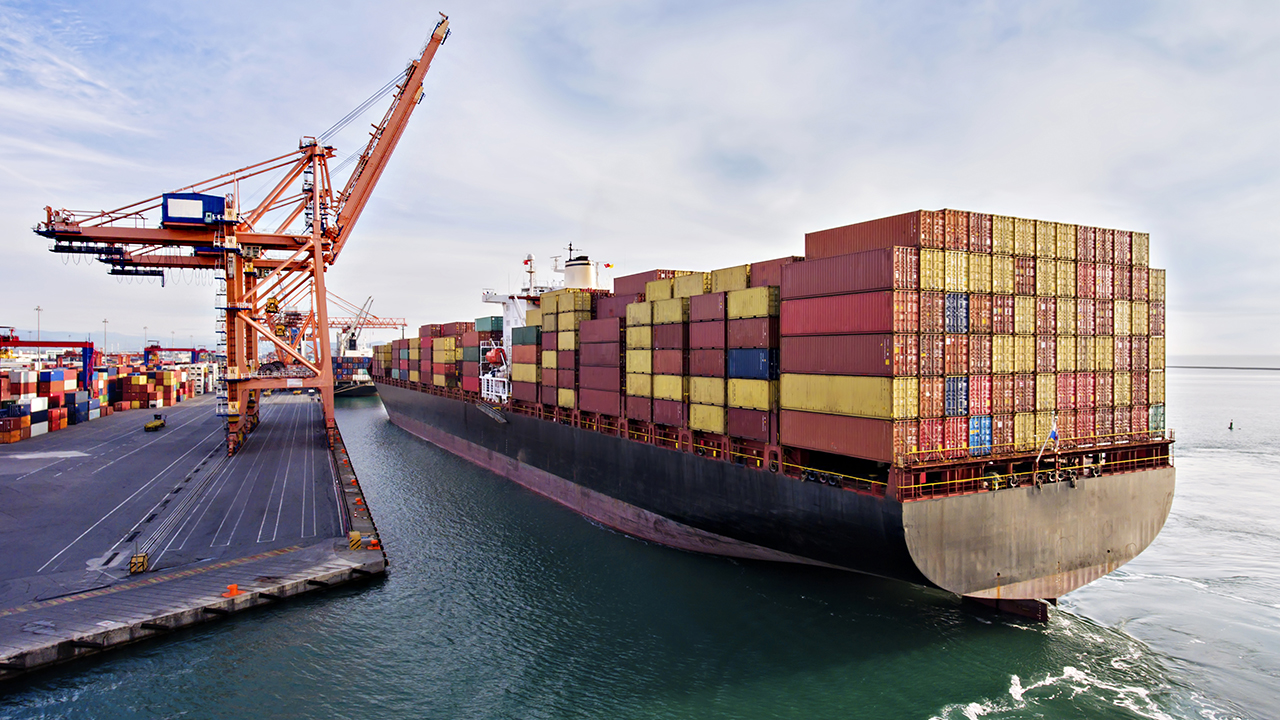In the race to fill distribution centers and store shelves with inventory for the holidays, some of the world’s largest retailers and ecommerce sellers are jumping ahead of smaller competitors by chartering ships, shifting freight to air, re-rerouting inland shipments, and hiring more staff for distribution centers and other supply chain nodes. “Our inventory is up substantially over the same time last year, helping us feel prepared to deliver for millions of families this season,” said Target in an Oct. 12 statement.
In addition to boosting night-time operations at the backed-up port of LA/Long Beach, Target is seeking to hire 30,000 new permanent staff for supply chains. It also launched four “sortation centers” which build on the chain’s “stores-as-fulfillment-hub” model to sort and route packages by neighborhood, which streamlines loading and processing for carriers like FedEx and UPS.
In addition to Target, Amazon, Costco, Home Depot and Wal-Mart are among the large retailers that have chartered container ships to move goods from Asia to North America. According to Maritime Executive, Costco announced in late September that it had chartered three ocean vessels with capacity to hold 800 to 1,000 containers—and leased several thousand containers. The other retailers are leasing similarly sized vessels.
Even some smaller chains are adopting the tactic. Dollar Tree, whose 2020 revenues of $12.8 billion were about 10% of Costco’s and Home Depot’s—and just 2.3% of Wal-Mart’s $559 billion in 2020 sales—has leased dedicated space on charter vessels and contracted for one three-year charter vessel, according to the Journal.
Much smaller than typical container ships (that can carry 20,000 containers), the charter vessels make shipping costs even higher. The Loadstar reported on Oct. 15 that some of the chartered vessels are rigged for unconventional container sizes and use onboard ships’ cranes to offload instead of the portside gantry cranes and straddle carriers used with standard containers. “It requires our technical team to undertake pre-planning for stowage and securing of the containers to ensure a safe and efficient voyage,” said one charter operator.
The smaller ships currently transport only a small percentage of the retailers’ goods—less than 20% in the case of Costco. But the extra capacity gives the retailers flexibility to use less congested ports and prioritize delivery of the items that are most in demand. For example, Home Depot has used its charters to ship plumbing supplies, power tools, heaters, and holiday décor.
Above the crowd
From the earliest days of the pandemic, air cargo providers have been called upon to meet high demand for PPE and other critical products, and later to deliver vaccine doses. Now, air shipping is increasingly in demand by retailers whose products would otherwise languish off the coast of Southern California or in congested Chinese ports.
But most air cargo capacity lies in the belly of passenger planes, and this “belly capacity” has been severely reduced by the drop in passenger travel associated with the pandemic. “The epic drop in passenger demand [led to a] 57% decrease in belly capacity compared to last year,” wrote Kristy Kiernan, associate professor of Aeronautics at Embry-Riddle University, in a Forbes article in January 2021.
While delta outbreaks and other developments have caused passenger air travel to remain volatile, the trends are positive, according to DHL’s Chief Commercial Officer Katja Busch. “The belly capacity over the Atlantic is coming back,” she told Bloomberg reporters in late October.
A major cause for Busch’s optimism is the change in U.S. COVID-19 air travel policies set to take effect November 8, 2021. As summarized by the law firm Jackson Lewis, the “country-specific 14-day COVID-19 travel restrictions that have been so troublesome and disruptive for individuals and businesses will be eliminated.” Instead, proof of vaccination will become the main requirement, with exemptions for air and ship crews (although they must get tested for COVID-19).
Looking ahead, DHL’s Busch expects air and ocean shipping rates to decline in mid-2022, although the costs for ocean shipping will come down much less than their customers hope. “We will not see the levels we saw before the crisis,” Busch said. “The rates before the crisis had been very profitable for the ocean carriers, but the pandemic came and there was a lot of cost. They ordered new ships, so they’re heavily invested, and these are investments they need to earn back.”
Proactive strategies pay off
While recent moves to charter ships and push freight to less crowded ports have gotten a lot of attention, it’s important to point out that some of the most well-prepared retailers are enjoying resilience built over years of proactive supply chain risk management.
For example, Target’s strategy to use stores as distribution hubs for online sales has been implemented over the last several years. And Wal-Mart has been crushing supply chain and logistics challenges for long before the pandemic. In 2019 alone, the company announced a direct sourcing deal for Angus beef, worked with Merck, IBM, KPMG, and the FDA to pilot a blockchain system for tracking pharmaceuticals, and partnered with HSBC to drive greenhouse gases down in its supply chain by rewarding suppliers for performing well on a sustainability index.
While their reach and resources give large retailers massive advantages over smaller ones in this holiday crunch, robust supply chain risk management is something that retailers and OEMs of more modest size can also take advantage of.






